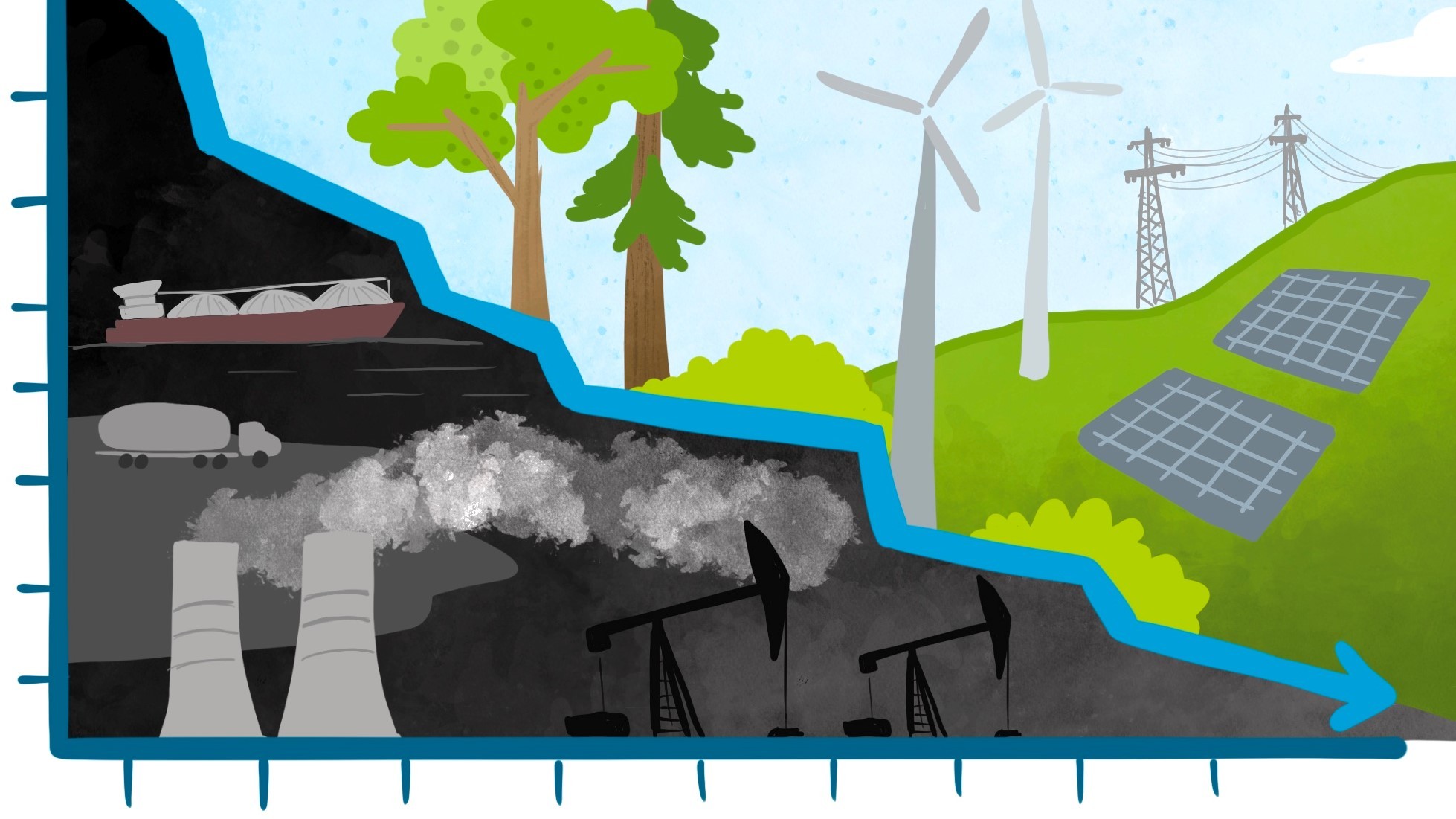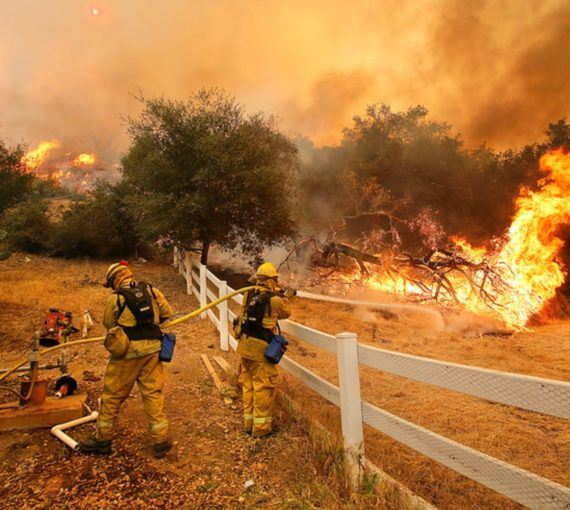
With 90 per cent of worldwide greenhouse gas emissions now covered by net-zero pledges, hopes are high that humanity can avert a disastrous climate future.
At the heart of tackling climate change is getting the world to net-zero emissions by 2050. It’s a task that requires eliminating nearly all emissions in every sector of society — from oil and gas to transportation to manufacturing — and addressing the portion that remains through carbon capture methods and technologies.
With 90 per cent of worldwide greenhouse gas emissions now covered by net-zero pledges, hopes are high that humanity can avert a disastrous climate future. Last year, Canada adopted net-zero accountability legislation that signalled a clear commitment to transformational change. However, Canada hasn’t only failed to meet most of its climate targets; it remains one of the biggest per capita emitters in the world.
Over the next few weeks, Canada will release its first emissions reduction plan, required under the new law. It will detail how Canada plans to reduce climate-causing emissions by 40 to 45 per cent below 2005 levels by 2030. Net-zero pledges have been widely scrutinized, since most governments and organizations have failed to demonstrate a fundamental commitment to the bold climate action needed to make net-zero possible.
For Canada’s commitments to be meaningful, the plan needs to include several key elements. Failing to incorporate them will unjustly force the hardest work of climate mitigation and adaptation onto future generations.
- Clear, quantifiable near-term actions. Climate science and economic modelling show that human-induced climate change has already led to massive economic damage. The sooner emissions reduction strategies are put into action, the more effective they will be in mitigating massive problems in the medium and long term.
Acting with urgency includes:- immediate and widespread emissions reductions
- stringent and enforceable regulations
- more effective carbon pricing
- stricter methane regulations
- a strong zero-emissions vehicle mandate
- separate targets for emissions reductions and removals
- clear emissions pathways for all economic sectors, including those that are difficult to decarbonize
Federal budget 2022 should also be clear and transparent about Canada’s fossil fuel subsidies, and prioritize reforms that avoid tying the economy to fossil fuels. - Less reliance on carbon offsets. The role of carbon offsets needs to be clarified and limited. While 2021’s climate plan touts the possible benefits of offsets, it ignores the current lack of oversight, transparency, accountability and reporting mechanisms for carbon offset projects. It also doesn’t address concerns over the social and environmental integrity of offsets — including their impact on Indigenous rights and title.
- Less emphasis on carbon capture. Carbon capture, utilization and storage technologies can slow the necessary transition from fossil fuel production and use and encourage the status quo, when what’s needed is widespread, transformational change.
- A recognition of interdependence and intergenerational equity. Canada’s emissions reduction plan must also recognize the interdependence of the economy, environment and society, as well as the importance of intergenerational equity. This involves reducing more emissions early in the timeline than later, so the next generations aren’t disproportionately burdened, and supporting populations that are most vulnerable to the effects of climate change.
- Specific timelines. Canada’s net-zero prosperity plan must include specific timelines for meeting its greenhouse gas reduction targets and for reversing public funding for the fossil fuel sector and expansion of LNG infrastructure.
- Better co-ordination in government. A recent report by the environment and sustainable development commissioner shows that Canada has failed for decades to meet its climate commitments, and inconsistency between federal departments is a major stumbling block. The government needs more co-ordination between departments as the country’s climate commitments become more closely aligned with its trade policies, infrastructure, resource development and other areas.
The steps that Canada takes now will set the course for our net-zero future, and the more we do in the near term the more likely we are to reach our targets. It’s critical for the emissions reduction plan to set us in the right direction and offer bold, ambitious action.
Our Work
Always grounded in sound evidence, the David Suzuki Foundation empowers people to take action in their communities on the environmental challenges we collectively face.






